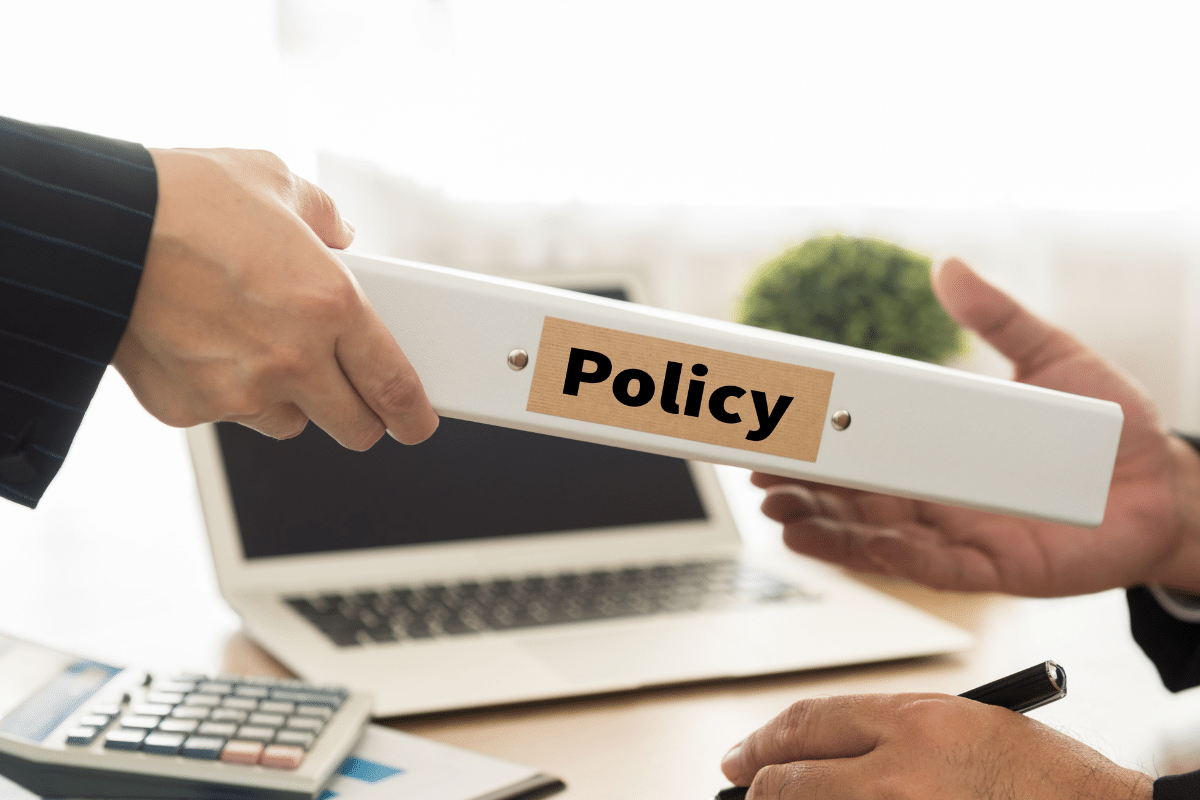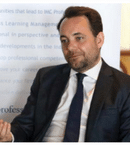Creating a bridge between the industry and policymakers


Bruno L’ecuyer, CEO, Investment Migration Council, interview with Newsweek
Source: newsweek.com
What is the Investment Migration Council’s (IMC) vision and some of the major milestones that you have achieved so far? Investment migration today comprises various citizenship and residency by investment programs, which allow individuals and often families to gain citizenship or residency rights in return for extraordinary investments in their host countries. Those programs are often structured around entrepreneurship, which we know is already a well-established practice in immigration policy and used by many Organisation for Economic Co-operation and Development (OECD) countries. As for the IMC, we are the worldwide forum for investment migration bringing together the leading stakeholders in the field. We set global standards, provide a qualifications framework and we publish research in the field of investment migration, which is aimed at governments, policymakers, international organizations and the public at large. We are a non-profit Swiss-based membership body and we are also registered with the European Commission’s Joint Transparency Register Secretariat. Essentially, the IMC and its community of members want to see that this legal migration option is fully recognized for the economic contributions that it makes in economies around the world.
What is the IMC’s role in creating industry standards?
Ever since the creation of the council back in late 2014, which I was a part of, we have worked very hard on improving standards. We have pushed for transparency at every level and we have advocated for tighter controls in the sector. Regulators historically have often made catastrophic mistakes in interfering with the markets. We had a lot of pushback from our own members and our own industry. Back in 2015, we were the first global body to launch a code of ethics and professional conduct that was later followed with an anti-bribery and corruption framework. Investment migration faces justifiable concerns around issues like transparency, due diligence and the potential for illegal activities that can occur where there is abuse. Generally, like any abuse, it stems from a lack of common standards, regulations and supervision. We absolutely agree that it must be stopped. This is a challenge for policymakers. It is a challenge for governments. It is a challenge for the industry, which has been broadly acknowledged. We have been very clear in our conversations with policymakers in Brussels at the European Commission, at the U.S. Department of State and at the OECD, but also with anti-corruption non-governmental organizations, that we are here to collaborate in completing the de-risking of this sector. Each state, whether it is a member state in the European Union, an individual sovereign state around the world or a United Nations’ member administers its own program. To mitigate the risks, we have created a highly specialized group comprised of global due diligence firms and we developed a framework of enhanced common due diligence standards. We continue to advocate policymakers to take note of this work.
Where are individual investors coming from and what are the biggest source markets for investment migration today?
Investment migrants come from across the globe. They may be celebrities, sportspersons or businesspeople looking to relocate and build a better life for themselves and their families in search of security, better education, improved career opportunities, better healthcare and greater mobility. These are the main reasons why individuals look at these solutions.
“We have pushed for transparency at every level and we have advocated for tighter controls in the sector.”
Secondly, attracting talent, foreign direct investment and essentially debt-free liquidity is increasingly important. A recent IMC study that we conducted with the International Center for Globalization and Development has taken a deeper look into how investment migration positively contributes to the UN Sustainable Development Goals. Thirdly, IMC members promote the wider investment migration community of law firms, due diligence providers and professional consultants that assist governments and individuals, ensuring that appropriate checks are conducted on applicants to ensure that only fit and proper persons are accepted into such investment migration programs or frameworks.
How important a factor has sustainability become for investors choosing a jurisdiction, or for host countries themselves to promote opportunities in the green economy or to further develop the circular economy?
I think it will always be the case that investors looking for residencies or citizenship options will prefer a passive route. A lot of work is done by good programs on due diligence on who this person is and how have they obtained their wealth. That already is quite an arduous process. What we are seeing though is that investors want to know how their investment is being deployed. We have pushed countries in the Caribbean and in southern Europe to be more transparent about how they are deploying these funds. We need to be better in that regard, as this is what investors are increasingly asking for.
